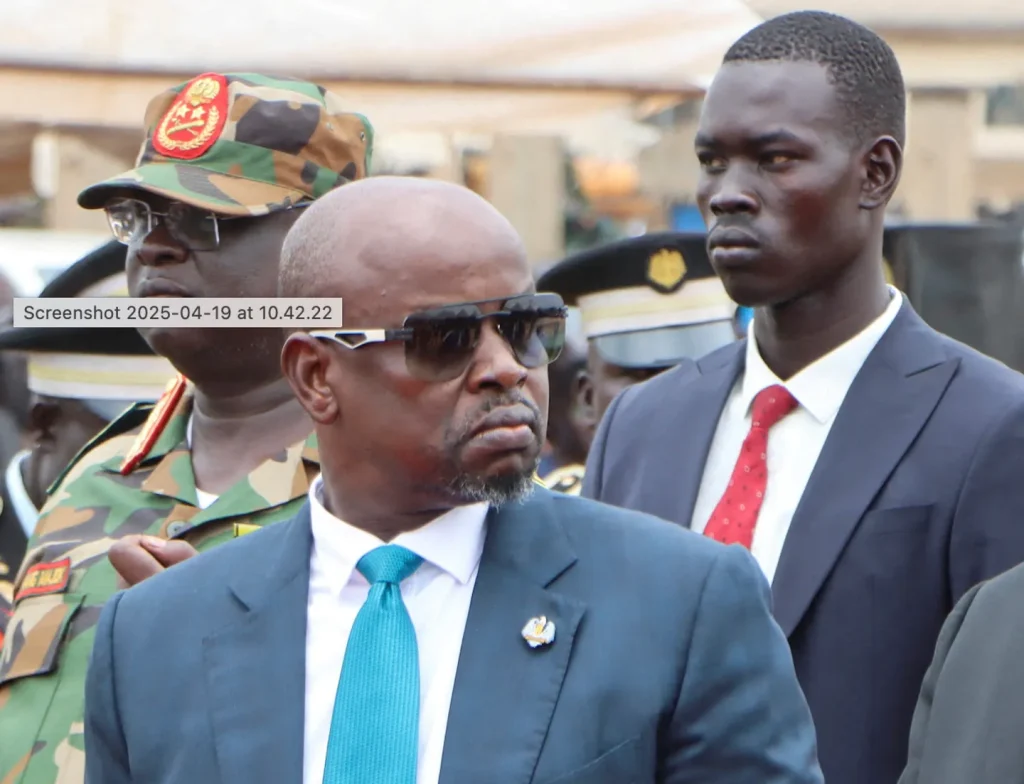South Sudan’s President Salva Kiir has overhauled the leadership of ruling party Sudan People’s Liberation Movement (SPLM), promoting a close ally while demoting senior party veterans amid renewed political tensions and concerns over national stability.
In a presidential decree broadcast on state television Tuesday night, Kiir, 73, named Second Vice President Benjamin Bol Mel as the SPLM’s new deputy chairperson. The appointment positions Bol Mel as next in line to lead both the party and the country should Kiir step down, effectively placing him as acting president in waiting.
Bol Mel, a longtime confidant of the president, has faced international scrutiny in the past. In 2017, the United States sanctioned him over allegations that his construction firm received preferential treatment in government contracting.
The reshuffle, which comes as armed clashes erupt between rival factions, is seen by analysts as a strong indication of Kiir’s succession intentions. Political observers say the move consolidates Kiir’s grip on power and sidelines key figures from the country’s liberation era.
Among those demoted were three prominent veterans of the SPLM, including former Second Vice President James Wani Igga, marking a significant shift away from the party’s historical leadership.
The reorganization comes amid heightened tensions with First Vice President Riek Machar. Authorities recently placed Machar under de facto house arrest, accusing him of attempting to incite rebellion — a charge his party has denied. The opposition argues the move violates the 2018 peace agreement that ended a bloody five-year civil war between Kiir’s Dinka-aligned forces and Machar’s Nuer-led opposition.
The United Nations has recently warned that the country is at risk of sliding back into civil war, while international concern grows over the political crisis. In response to the escalating instability, several Western nations, including the United States, Britain, and Germany, have scaled back embassy operations or temporarily closed diplomatic missions in Juba.
Regional and international mediators are now closely monitoring developments, with the African Union reportedly dispatching a high-level delegation to help de-escalate the crisis.



